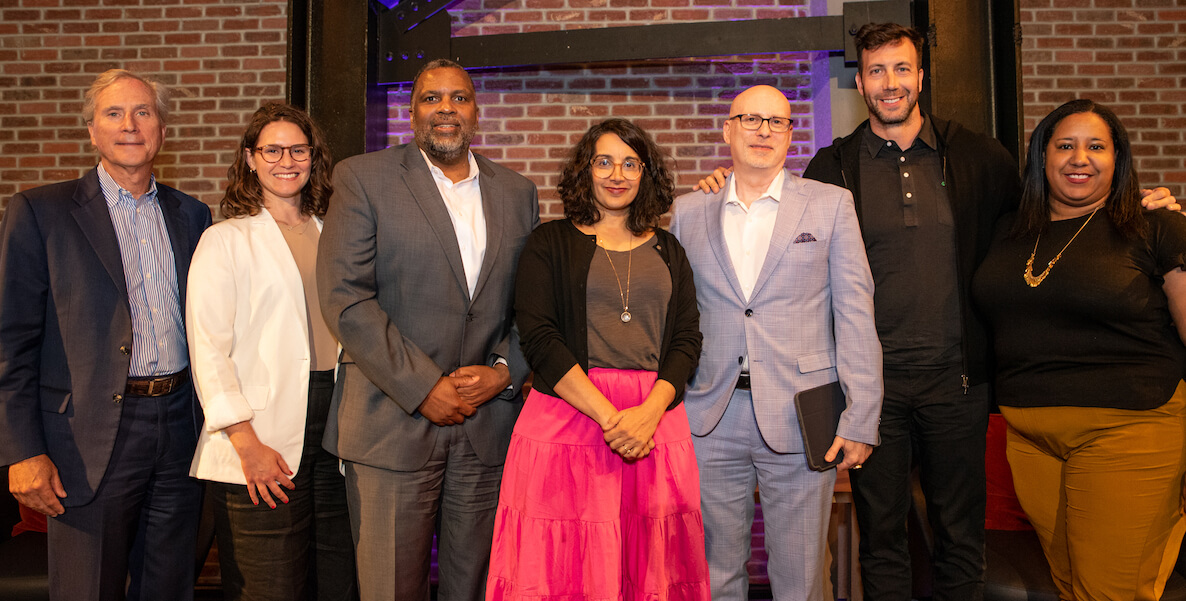For many people, planting a tree can be seen as nothing but good — a literal bloom, a sign of life and growth. But to assume that everyone has that view ignores a fundamental truth: For countless people, particularly those living in low-income, high-disinvestment communities, a seemingly innocuous “improvement” can come with fear — and skepticism: Will these changes displace me in the hopes of attracting someone else?
These insights and more were at the heart of a spirited discussion on Tuesday night as The Citizen hosted the latest installment of our Development … for Good series, in partnership with Drexel’s Lindy Institute for Urban Innovation and Fitler Club. The event was sponsored by Brandywine Realty Trust, Clarke & Cohen, Darco Capital, and JLL.
“The magic in placemaking is connecting people.” — Connor Barwin, Make the World Better Foundation
The evening’s conversation focused on placemaking and economic growth, and featured experts involved in aspects of both: Jerry Sweeney, CEO of Brandywine Realty Trust; former Eagle (and recent Wharton MBA grad) Connor Barwin, founder of Make The World Better; Jerome Shabazz, Executive Director of Overbrook Environmental Education Center; and Tya Winn, executive director of the Community Design Collaborative. Laura Slutsky, an expert on urban housing and land use issues, and Associate Director at Guidehouse, moderated.
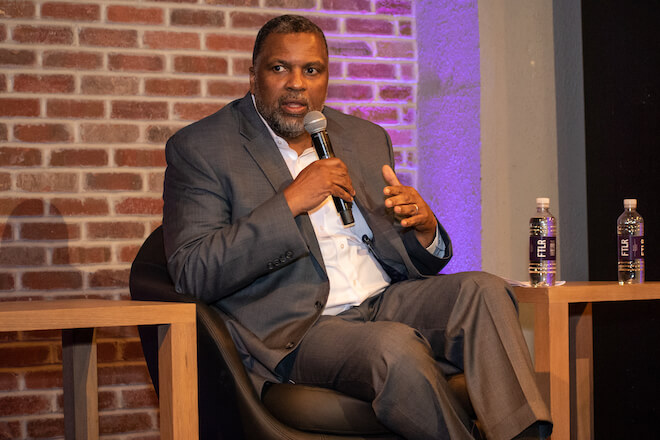
As varied as their work may be, the panelists landed on a handful of universal truths that are at the heart of all smart community development.
Placemaking: what it is
“The magic in placemaking is connecting people,” Barwin said.
Development, Shabazz added, can’t be autocratic. “Ultimately, when we talk about placemaking, we talk about where dignity can be grown,” he said. As with the example of planting trees, Shabazz pointed out that communities that have “suffered the ravages of redlining” and have been subjected to disinvestment, have needs that must be remediated to correct their disproportionate burdens. And doing so all starts with listening.
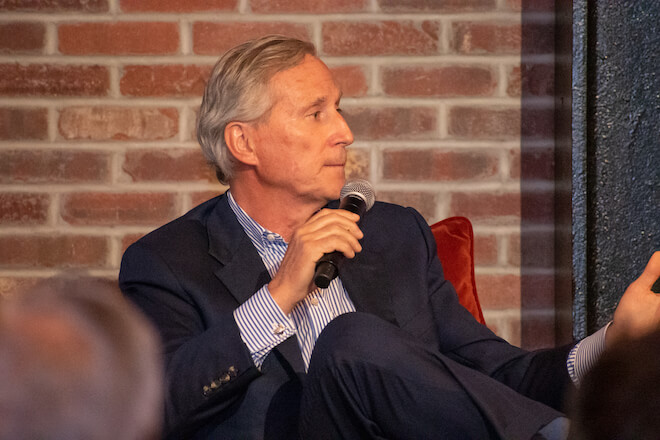
Sweeney likened the role of a developer to the conductor of a symphony: You want as many different instruments together as possible, and early on. “If you’re a good developer, you should listen more than you talk,” he said.
“Ultimately, when we talk about placemaking, we talk about where dignity can be grown.” — Jerome Shabazz, Overbrook Environmental Education Center
Placemaking is also an economic engine. At Brandywine, Sweeney started his vast Schuylkill Yards project by first building Drexel Square, a public park next to the river — arguably the most valuable piece of land in the project’s portfolio. The ongoing project has brought jobs before, during, and after construction.
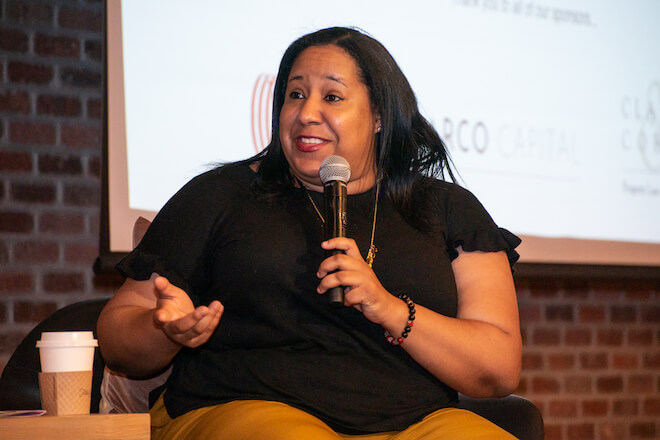
The parks and community centers renovated by MTWB or Community Design help raise property values, lessen crime in neighborhoods and create community vibrancy that makes people want to invest in their neighborhoods. Shabazz raised perhaps the most interesting point around the economic impact of community-focused placemaking: His team’s work centers on environment and health, which helps keep money in people’s pockets that they’d otherwise have to spend on healthcare.
Ownership is key
And there was a consensus that the best placemaking leads community members to feel like they “own” the space — when they take pride in it, and use it, and talk about their involvement in its creation.
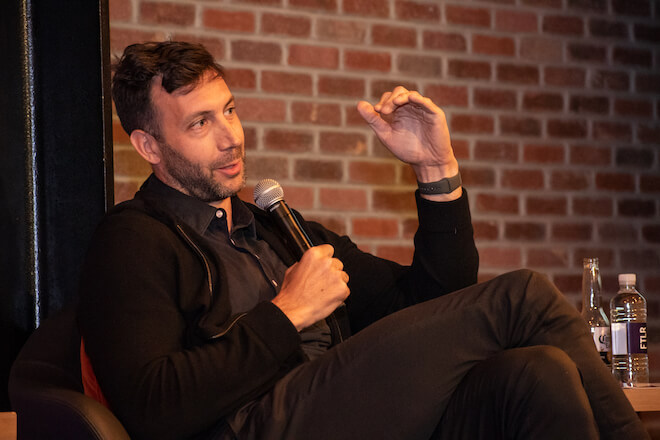
Winn said it’s essential, in any project, to find out which assets the community prides itself on — and to respect those. Before Make The World Better had to demolish a 100-year-old rec center, for example, they honored it: For two months leading up to demolition, they invited anyone who’d ever used the site to come by and get their photo taken there. They documented everyone, then turned the portraits into a 300-page book, and made hundreds of copies of it for the community.
Winn acknowledged that the concept of placemaking — which she pointed out is, meaningfully both a noun and a verb — can sometimes get overcomplicated, and that it often comes down to simply making a space more beautiful.
“The real responsibility of a developer is to bring together as many creative ideas as possible.” — Jerry Sweeney, Brandywine Realty Trust
To that, Sweeney emphasized what he called the “romance of real estate: “the ability to create a whole new reality.”
For these “romantics” and all those in attendance, that reality looks like one that’s inclusive, functional, and inviting — with the magic of human connection sprinkled in throughout each phase of its creation, use, and evolution.
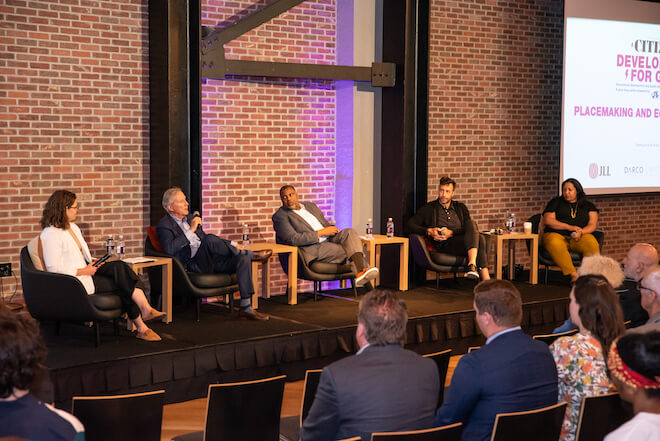
Here are some more photos from the evening’s festivities:
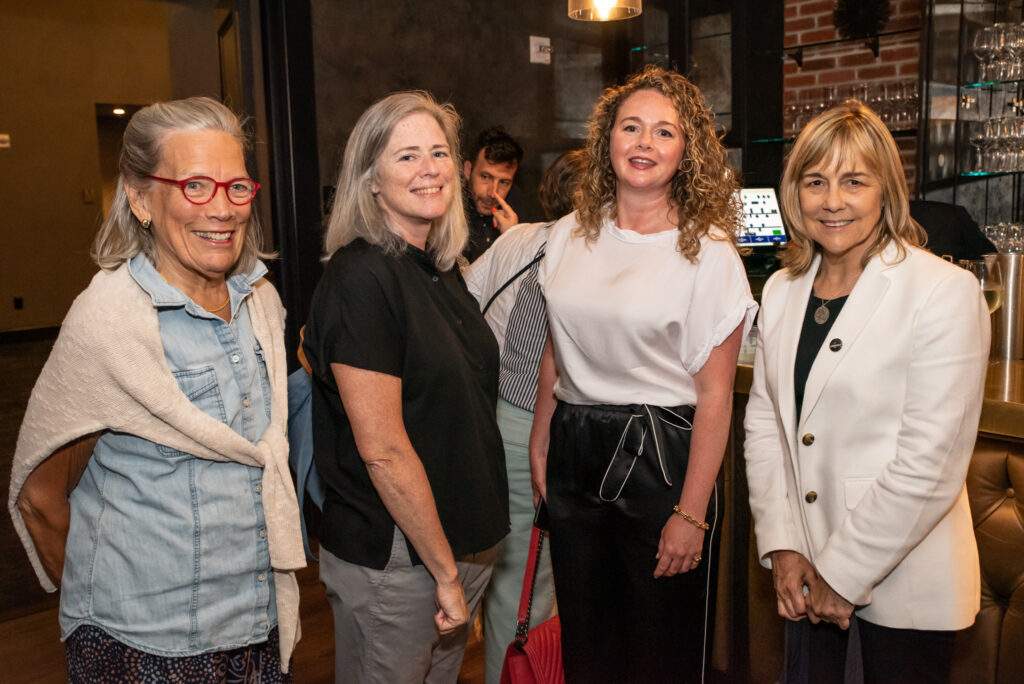
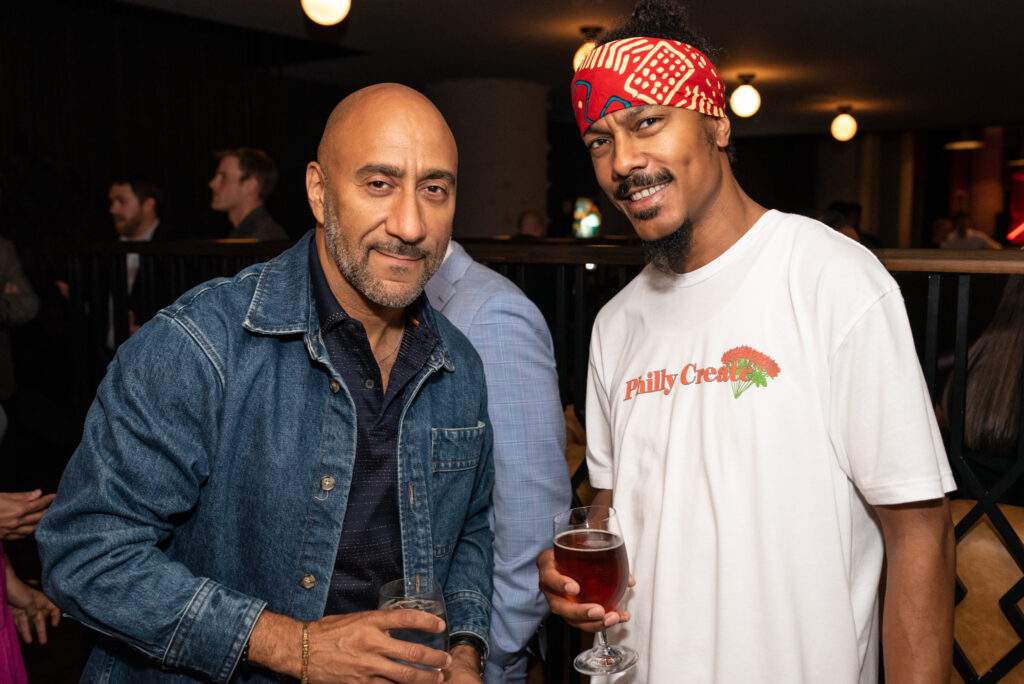
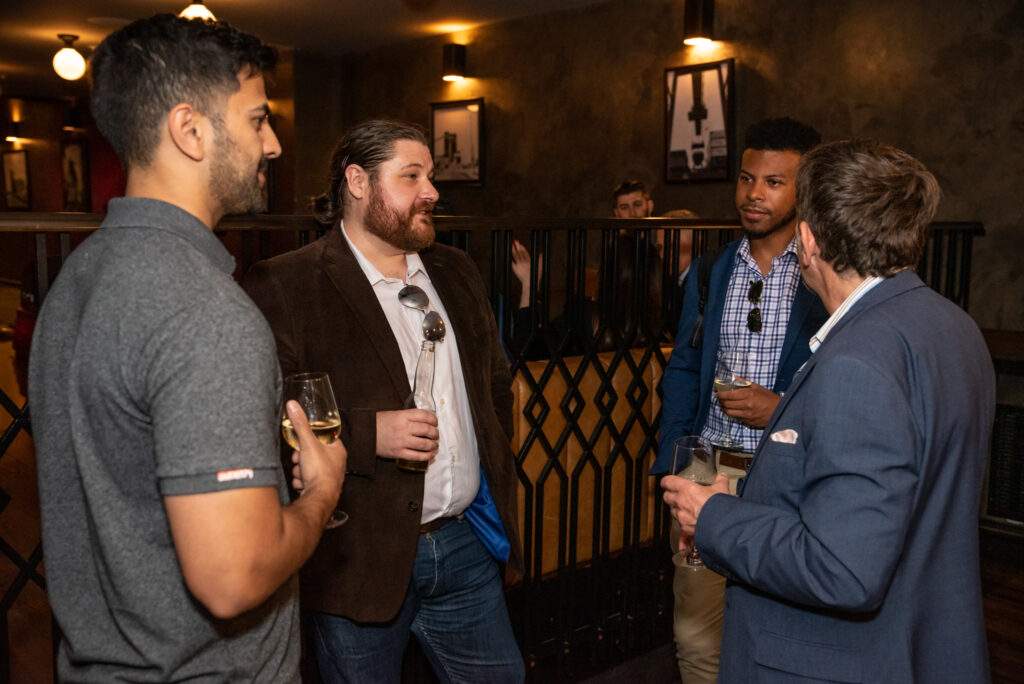
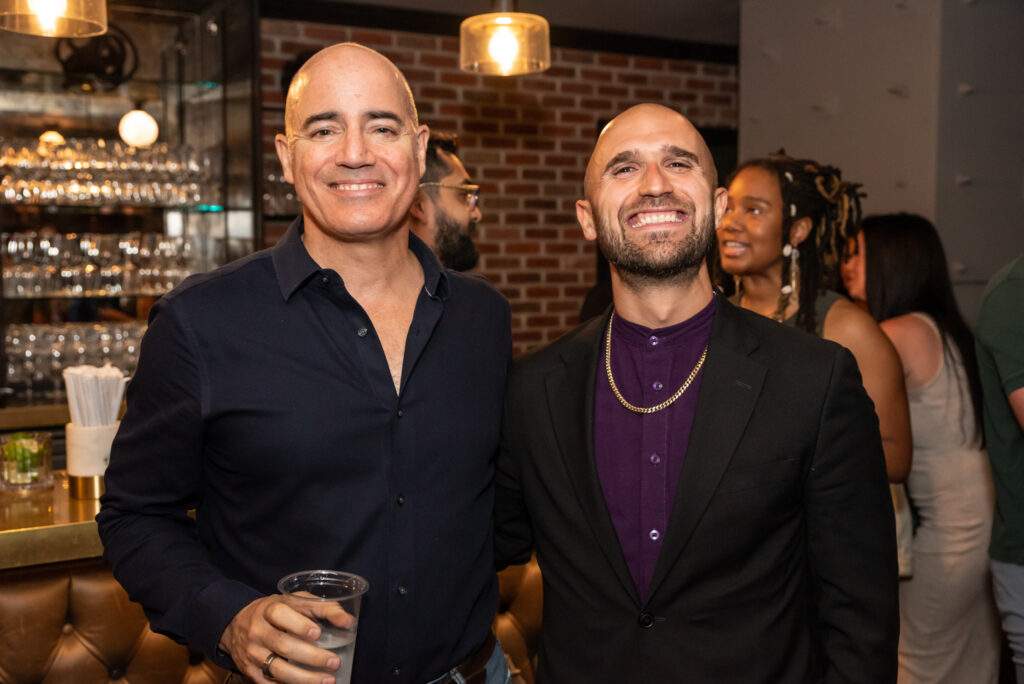
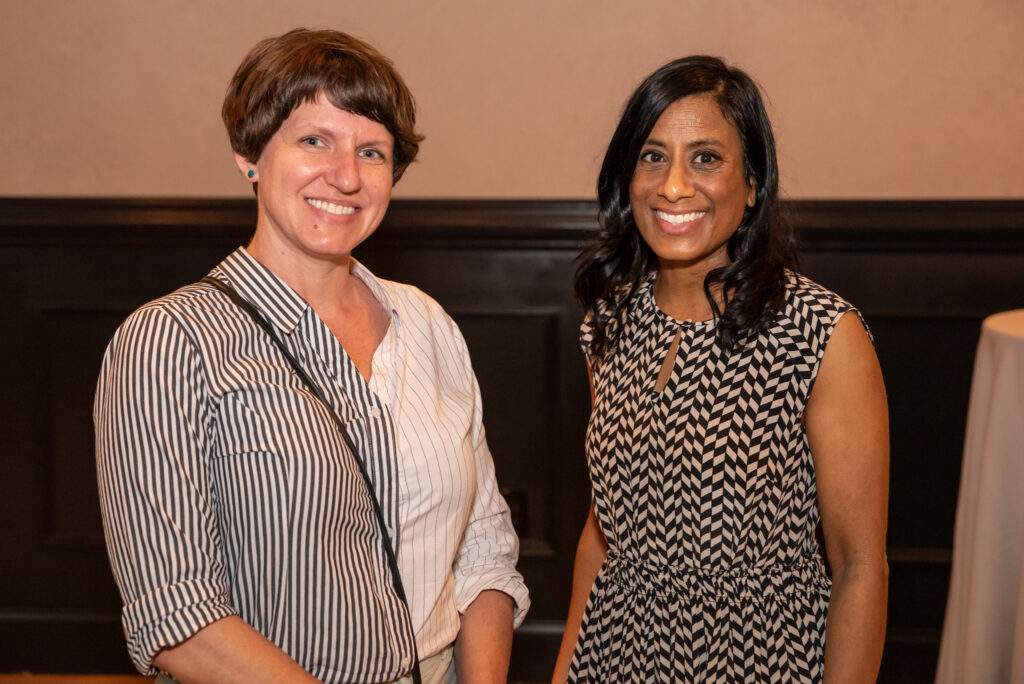
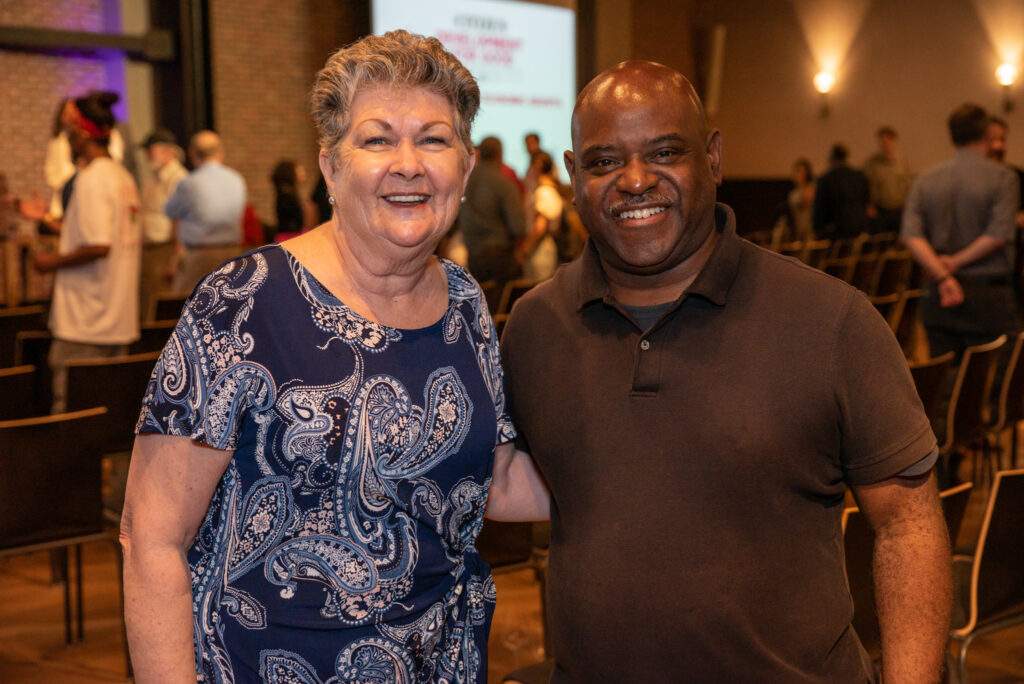
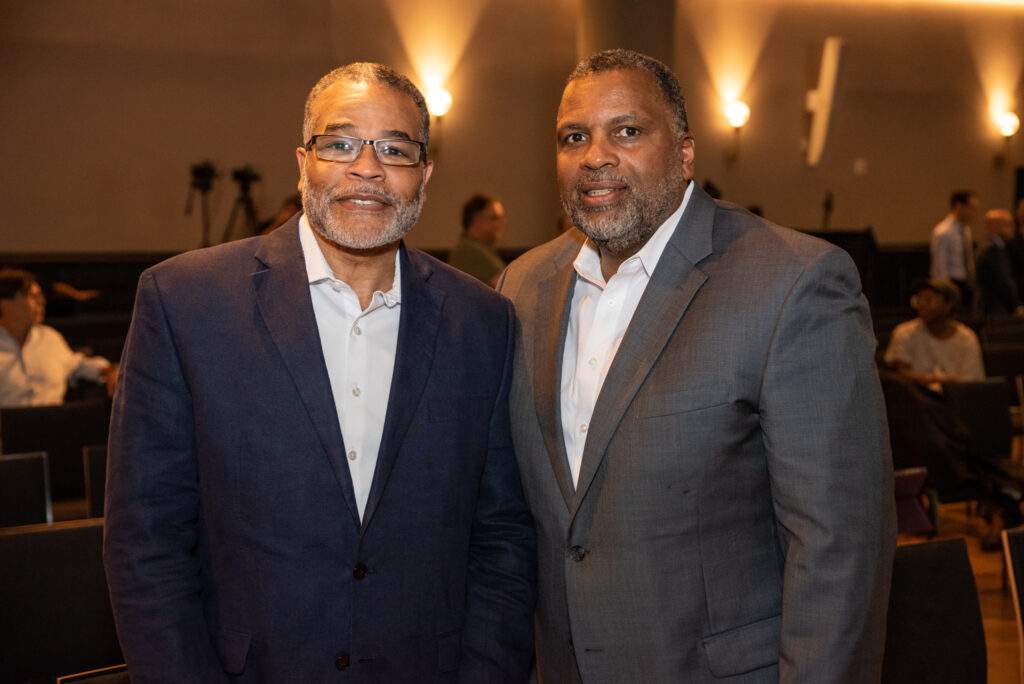
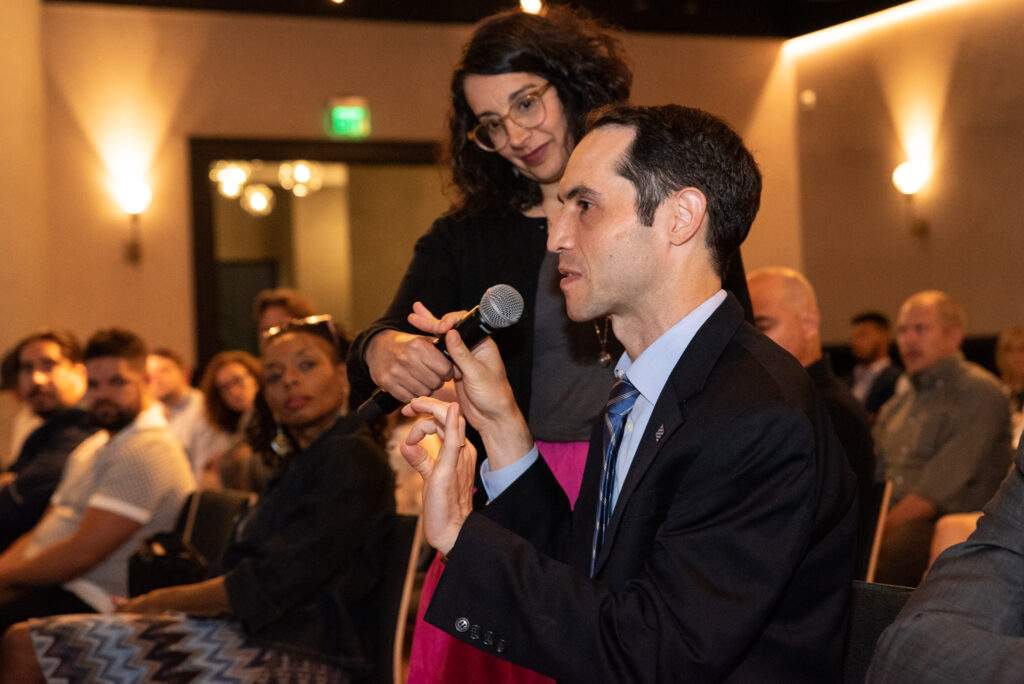
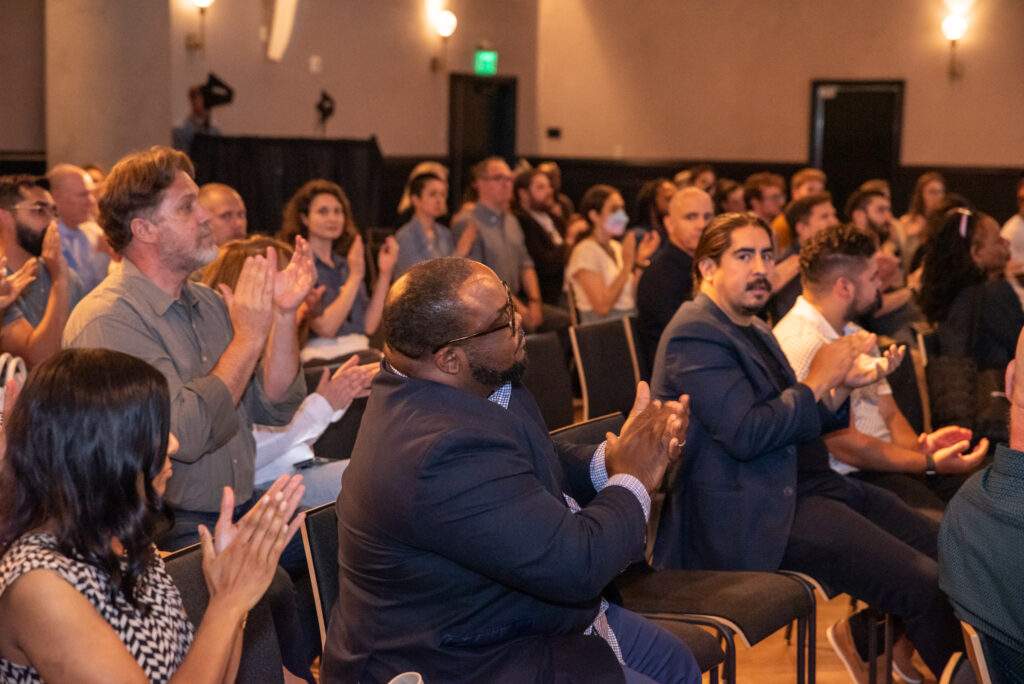
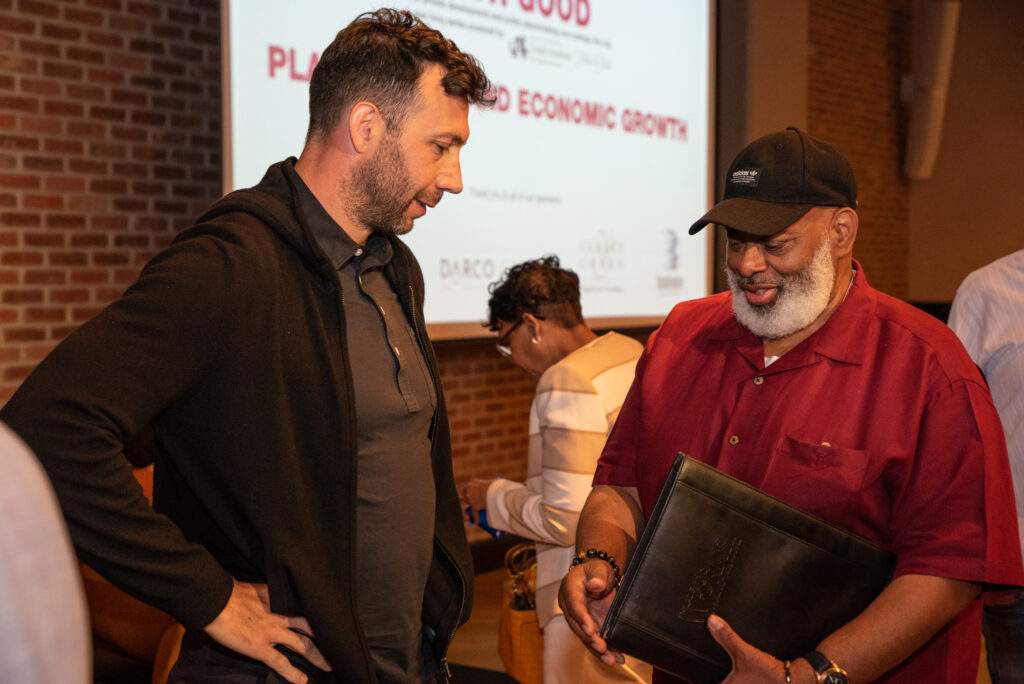
If you missed the event, be sure to watch the recap below to find out which U.S. city is doing admirable green development projects, what our next Mayor can do to support smart planning, and how design can nurture health, wealth, and the planet.
And don’t miss any of our upcoming events. You can find a list of them here.
Development … for Good is sponsored by:

![]()
CHECK OUT OTHER PHILADELPHIA CITIZEN EVENTS



